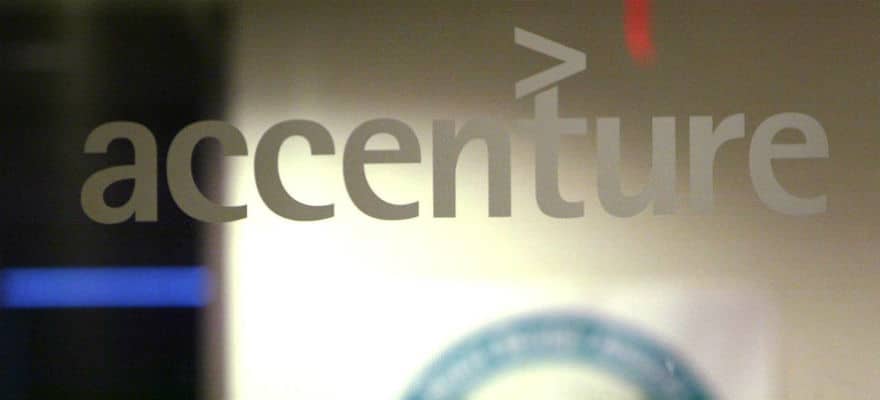Can an unchangeable record still be called unchangeable if you can change it? Accenture (NYSE: ACN) seems to think so. The technology consulting firm has created a prototype of a Blockchain (an immutable distributed ledger by definition) that can be edited.
The developers say this measure can be taken under "extraordinary circumstances to resolve human errors, accommodate legal and regulatory requirements, and address mischief and other issues, while preserving key cryptographic features." While they do not mention it, this could be seen as an alternative solution to the hard fork strategy taken by Ethereum developers following the DAO hack debacle.
They admit that the invention is designed for “permissioned” blockchain systems, which are managed by designated administrators under agreed governance rules and not designed for “permissionless” systems, like Cryptocurrencies , which are open and decentralized.
“As we focus on new uses for blockchain technology beyond the realm of cryptocurrency, absolute immutability will become both a virtue and a vice,” said Richard Lumb, Group Chief Executive—Financial Services at Accenture. “For decentralized cryptocurrency systems, such permanent accounting has been crucial in building trust and faith among participants. But for financial services institutions faced with a myriad of risk and regulatory requirements, absolute immutability is a potential roadblock. Our invention strikes a balance for enterprise use that preserves the fundamental value of the technology while enabling enterprise adoption.”
How it works
With this invention, blockchains are immutable to users but designated administrators can edit, rewrite or remove blocks of information without breaking the chain. It does this by using a new variation of what is known as the 'chameleon' hash function, which can recreate algorithms that link two separate blocks through the use of secure private keys.
The invention also offers a capability where any edit made to a block leaves an immutable 'scar' to indicate that the block was altered. Accenture and co-developer Dr. Giuseppe Ateniese have filed patent applications for the invention in the US and the EU.
“As blockchain solutions gain momentum in financial services and other industries, more and more real-world situations will emerge where information on blockchains simply needs to be modified or removed,” said David Treat, managing director of Accenture’s capital markets blockchain practice. “Our solution makes it possible to deal with situations in a predictable fashion when things go wrong and to meet new and changing regulatory and legal requirements, like the ‘right to be forgotten’ and other data-privacy and retention rules. An editable form of blockchain will make the technology more practical and useful for enterprise systems and accelerate its adoption. It combines the confidence that comes from immutability with the pragmatism required in an imperfect world.”
“The clever work of the bitcoin creators and leaps of progress in applied cryptographic research are opening the door to bold new uses of blockchain,” said Dr. Giuseppe Ateniese, a leading cryptographer and professor of computer science at The Stevens Institute of Technology. “By modifying the traditional ‘chameleon hash’ function we can preserve the strength of the original blockchain while making it even more useful. Unlike a traditional database, our solution is compatible with current blockchain frameworks and works in a decentralized and accountable environment.”


















